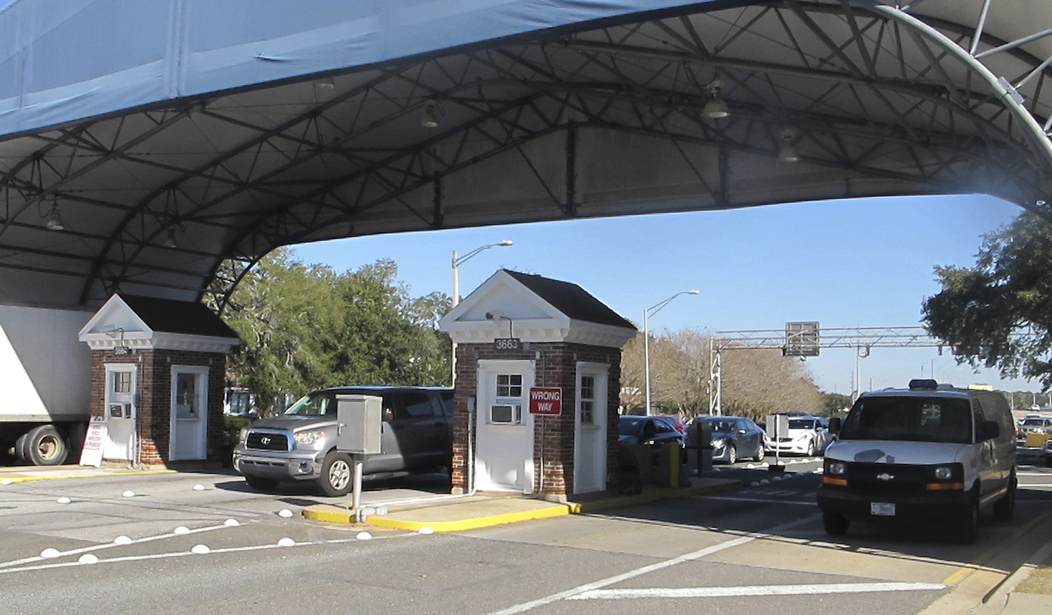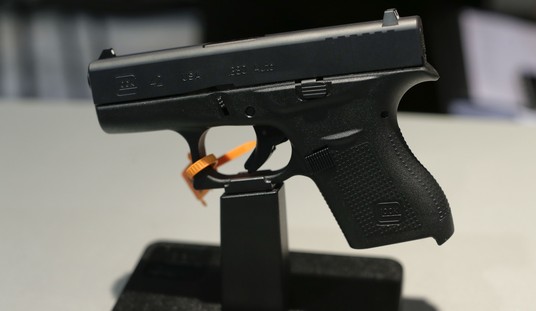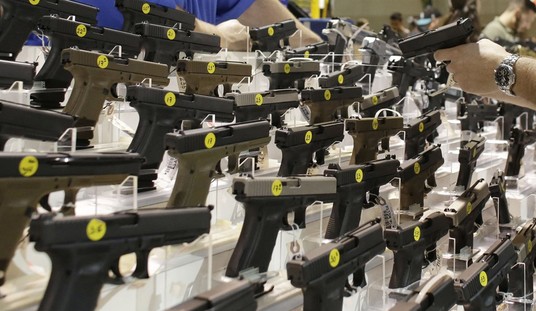In the wake of Pensacola, there were a lot of people who took issue with the fact the shooter could get a gun at all. Of course, that’s what happens in the wake of any high-profile shooting. By now, we should be used to it.
With Pensacola, though, there’s another wrinkle in matters that muddies those waters.
You see, while much was made of the fact that he was a foreign national and could have been legally barred from having a gun, new information suggests that might not have accomplished much of anything.
The gunman in a deadly rampage late last year at a military base in Florida communicated with al-Qaida operatives about the attacks in the months leading up to it, U.S. officials said Monday as they laid out new details of a shooting that killed three American sailors.
The FBI learned of the contacts between Mohammed Saeed Alshamrani and operatives of al-Qaida after breaking the encryption on cellphones that had previously been locked and that the shooter, a Saudi Air Force officer, had tried to destroy before being killed by law enforcement.
“We now have a clearer understanding of Alshamrani’s associations in the years, months and days leading up to his attack,” Attorney General William Barr said at a news conference in which he sharply chastised Apple for not providing help in unlocking the phones.
Once unlocked by the FBI, the phones revealed contact between Alshamrani and “dangerous” operatives from al-Qaida in the Arabian Pensinsula, or AQAP, and also showed how he had been radicalized overseas for at least the last five years, officials said. He also was meticulous in his planning, including saving a will on his phone that sought to explain himself — the same document AQAP later released in taking responsibility for the attack.
“It is certainly more than just inspired,” FBI Director Chris Wray said of Alshamrani’s contacts with al-Qaida. “We know, for example, that he was sharing plans and tactics with them. We know that he was coordinating with them and providing an opportunity for them to take credit for the attack.”
Now, with that level of coordination, what do you think would have happened if he couldn’t get a gun domestically?
That’s right, al-Quida would have gotten him a gun. Jihadists were probably salivating over their chance to hit the American military on one of their bases. They had to be downright giddy over the possibility. They’d have tripped over themselves getting him a firearm if he needed it.
What’s more, anyone with an ounce of intellectual honesty knows this to be a fact.
As such, all the gun control crowds howls of indignation over how this shooter got his gun need to be reconsidered in light of this new information. This wasn’t a mass shooting as we typically think of these things, this was a terrorist attack on an American military based on U.S. soil. It wasn’t a failure of the Second Amendment but, at worst, a failure of our intelligence apparatus.
There’s no need for new gun laws when we already know that terrorists move freely enough around the country as it is and are more than willing to also smuggle guns into various nations–see their activities in heavily gun-controlled Europe for an example–in order to carry out these kinds of attacks. Let’s not punish the average American for the act of a terrorist.








Join the conversation as a VIP Member